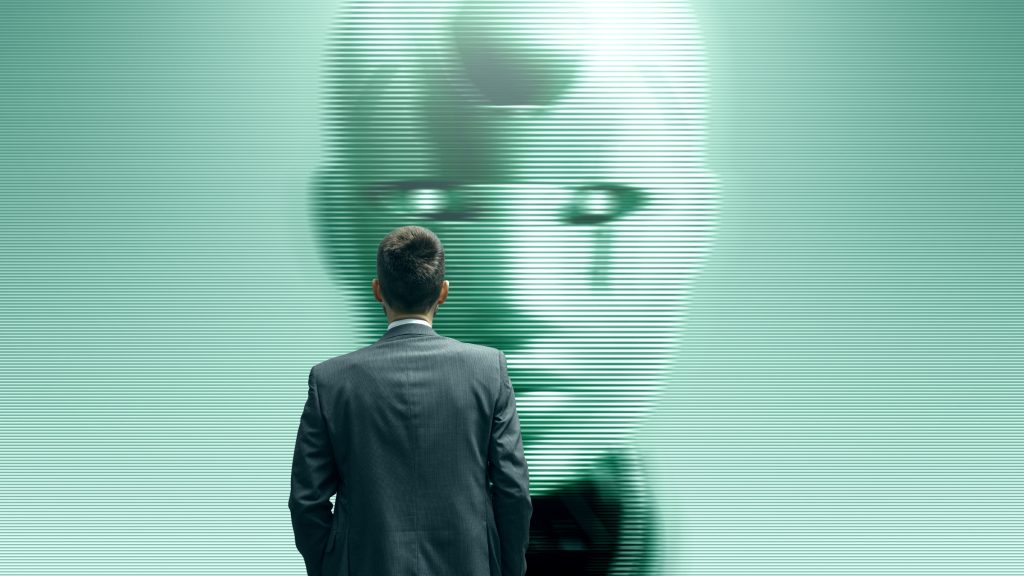
At some point, we all have to stop and wonder: is humanity getting smarter—or dumber? With all the conveniences of modern life, the question feels unavoidable. Watching someone spend their day in what looks like a love affair with ChatGPT, or lose themselves in constructing parallel worlds in AI and the metaverse, you have to ask: with this endless torrent of information—true, false, and carefully engineered—are we actually becoming sharper and more discerning, or are we being trained into something far shallower?
This isn’t an abstract concern. The person scrolling on their phone, juggling dozens of apps and AI tools—when you read their posts or listen to their opinions online, do you see a future genius in the making, or someone slowly hollowing out their natural instincts for thought and reflection?
The 2006 film Idiocracy imagined this very dilemma. Director Mike Judge paints a dystopian future where human intelligence has plummeted under the weight of consumer culture. The people who rise to power are the shallowest and least thoughtful. Two perfectly average people—Joe (Luke Wilson) and Frito (Tim Heidecker)—are cryogenically frozen for 500 years, only to wake up in a world where everyone is significantly less intelligent and obsessed with mindless consumption. The film is a satirical warning, a cultural mirror held up to our obsession with convenience, and a plea for education and intellectual rigor as the foundations of a thriving society.
You don’t have to look 500 years ahead to feel the chill of that warning. In daily life, you can sense it—this rush toward shortcuts, toward passive consumption, away from culture, analysis, and curiosity.
Take the person who has abandoned books and references altogether, trading the effort of reading for the quick fix of AI platforms like ChatGPT or Grok. Will that person really be wiser for it? Replacing the hard work of learning and mental exercise isn’t a triumph for humanity—it’s a shortcut to mental stagnation. Reading isn’t just information gathering. It is training for the mind. An hour with a book is like an hour at the gym for your brain: it sharpens focus, builds memory, expands vocabulary, opens new pathways for thought. Reading protects against intellectual dullness and, with age, even shields against dementia.
Now imagine a future where AI writes, paints, designs, composes, and edits films at the push of a button. Anyone can produce something and share it with the world, believing they are “driving the machine,” when in truth the machine is doing all the work. The result is a world full of output with no soul, no human fingerprints.
Picture a student who lets AI write their essays, solve their equations, and draw their charts. They will pass exams and advance through school, yes—but can we really call that education? True learning happens through mistakes, through wrestling with problems, through trial and error. Without that process, the student loses their ability to tell right from wrong, to form original ideas, to express themselves with clarity. They risk becoming a machine in the very sense of the word—cold, imitative, unable to craft even a simple sentence on their own.
Humanity is hurtling toward a loss of originality. The danger of technology is not in keeping up with it, but in letting it steer us completely. When that happens, we lose our essence—the very process of discovery that makes us human. Even AI-generated images and videos, for all their beauty, carry a strange flatness, a mechanical stillness that hints at a missing soul.
And then there’s one of the most powerful forces shaping our attention: short-form video. Reels and TikTok’s are designed to swallow hours of our day. Thousands of clips flash before our eyes—news, jokes, tragedies, outrage, entertainment. We laugh, cry, cheer, protest, and nod in agreement—living an entire emotional spectrum in five minutes. And in the process, we flood our minds with distortions, half-truths, and trivia.
All of this is happening at once. All of it is pressing in on us. So what kind of mind will we have twenty years from now? What kind of humanity will we become—and in what kind of world will we find ourselves living?
Inside Telecom provides you with an extensive list of content covering all aspects of the Tech industry. Keep an eye on our Press Releases section to stay informed and updated with our daily articles.